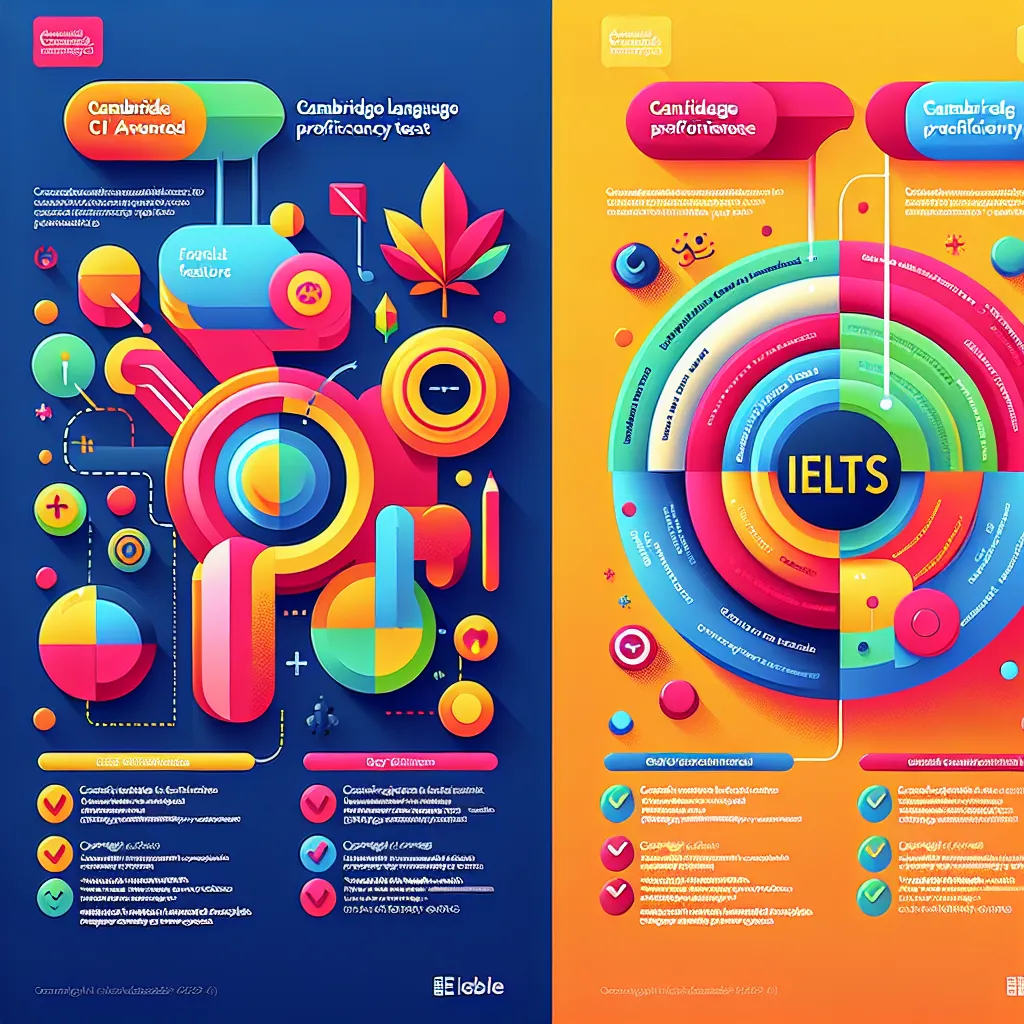Are you preparing for Cambridge exams and finding the reading section challenging due to complex vocabulary? You’re not alone. Many test-takers struggle with unfamiliar words, which can hinder their comprehension and overall performance. In this comprehensive guide, we’ll explore effective strategies to tackle difficult vocabulary in Cambridge reading tests, helping you boost your confidence and scores.
Understanding the Importance of Vocabulary in Cambridge Reading
Before diving into strategies, it’s crucial to understand why vocabulary plays a significant role in Cambridge reading tests. The examiners carefully select texts that not only test your comprehension skills but also your ability to decipher meaning from context. A strong vocabulary foundation is essential for:
- Accurate comprehension of the text
- Efficiently answering questions
- Managing time effectively during the test
- Boosting overall confidence in your language skills
 Cambridge Reading Test
Cambridge Reading Test
Effective Strategies for Dealing with Difficult Vocabulary
1. Context Clues: Your First Line of Defense
One of the most powerful tools at your disposal is the context surrounding unfamiliar words. Here’s how to use it effectively:
- Look for synonyms or explanations within the same sentence or paragraph
- Pay attention to examples or illustrations that might clarify the word’s meaning
- Consider the overall tone and theme of the passage to infer the word’s connotation
Example:
“The scientist’s hypothesis was controversial, sparking heated debates among his peers. Many researchers vehemently disagreed with his conclusions.”
Here, even if you don’t know the word “vehemently,” you can infer it means “strongly” or “passionately” based on the context of heated debates and disagreement.
2. Word Structure Analysis: Breaking Down the Unknown
Understanding word parts can be a game-changer when encountering difficult vocabulary. Focus on:
- Prefixes (e.g., un-, dis-, pre-)
- Suffixes (e.g., -tion, -able, -ous)
- Root words
For instance, if you encounter “indefatigable,” break it down:
- in- (not)
- de- (down)
- fatig (root related to tire)
- -able (capable of)
You can deduce it means “incapable of being tired” or “tireless.”
3. Skimming and Scanning: Don’t Get Bogged Down
Remember, the goal is overall comprehension, not understanding every single word. Practice these techniques:
- Skim the text quickly to get the main idea
- Scan for specific information when answering questions
- Don’t spend too much time on a single unknown word if it’s not crucial to understanding the main points
4. Educated Guessing: When All Else Fails
Sometimes, you’ll need to make an educated guess. Here’s how to do it effectively:
- Eliminate obviously incorrect meanings based on context
- Consider the word’s part of speech (noun, verb, adjective, etc.)
- Use your general knowledge and intuition
5. Pre-test Preparation: Build Your Vocabulary
While these strategies are useful during the test, the best approach is to expand your vocabulary beforehand:
- Read widely in English, especially materials similar to those used in Cambridge tests
- Keep a vocabulary journal and review it regularly
- Use flashcards or vocabulary apps for spaced repetition learning
- Practice using new words in context through writing and speaking exercises
 Vocabulary Learning
Vocabulary Learning
Common Pitfalls to Avoid
-
Overreliance on dictionaries: In the actual test, you won’t have access to a dictionary. Train yourself to use context and other strategies instead.
-
Panic when encountering unknown words: Stay calm and remember that you have multiple strategies at your disposal.
-
Ignoring the big picture: Don’t let difficult words distract you from the overall meaning of the passage.
-
Neglecting practice: Regular practice with Cambridge-style texts is crucial for improving your vocabulary and reading skills.
Next Steps: Putting Your Skills into Practice
Now that you’re equipped with these strategies, it’s time to put them into action:
- Take a Cambridge practice test and consciously apply these techniques
- Review your performance, noting which strategies were most effective for you
- Create a study plan that incorporates regular vocabulary building and reading practice
- Consider joining a study group or finding a language exchange partner to discuss challenging texts
Remember, dealing with difficult vocabulary is a skill that improves with practice. Be patient with yourself and celebrate your progress along the way.
Conclusion
Mastering difficult vocabulary in Cambridge reading tests is a challenge, but with the right strategies and consistent practice, it’s entirely achievable. By utilizing context clues, analyzing word structures, and employing smart reading techniques, you’ll be well-equipped to tackle even the most complex texts. Keep building your vocabulary, stay confident, and approach each reading passage as an opportunity to showcase your skills. With dedication and these expert tips, you’ll be well on your way to success in your Cambridge exams.
[internal_links]




